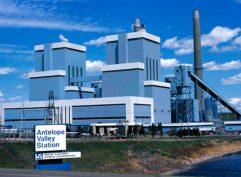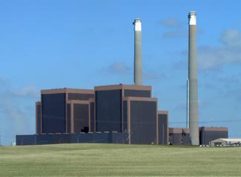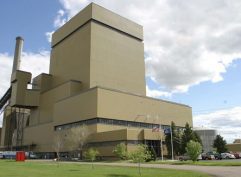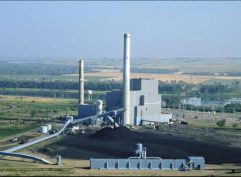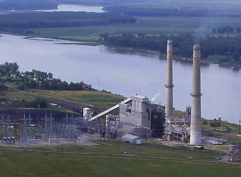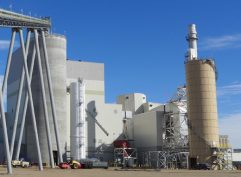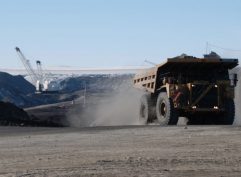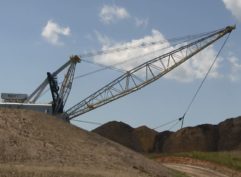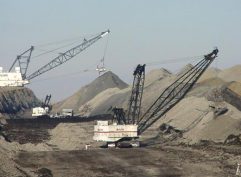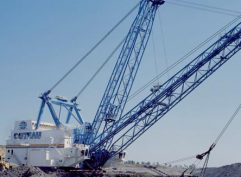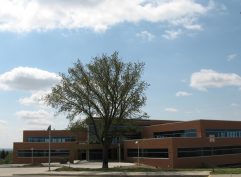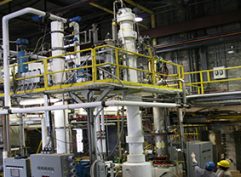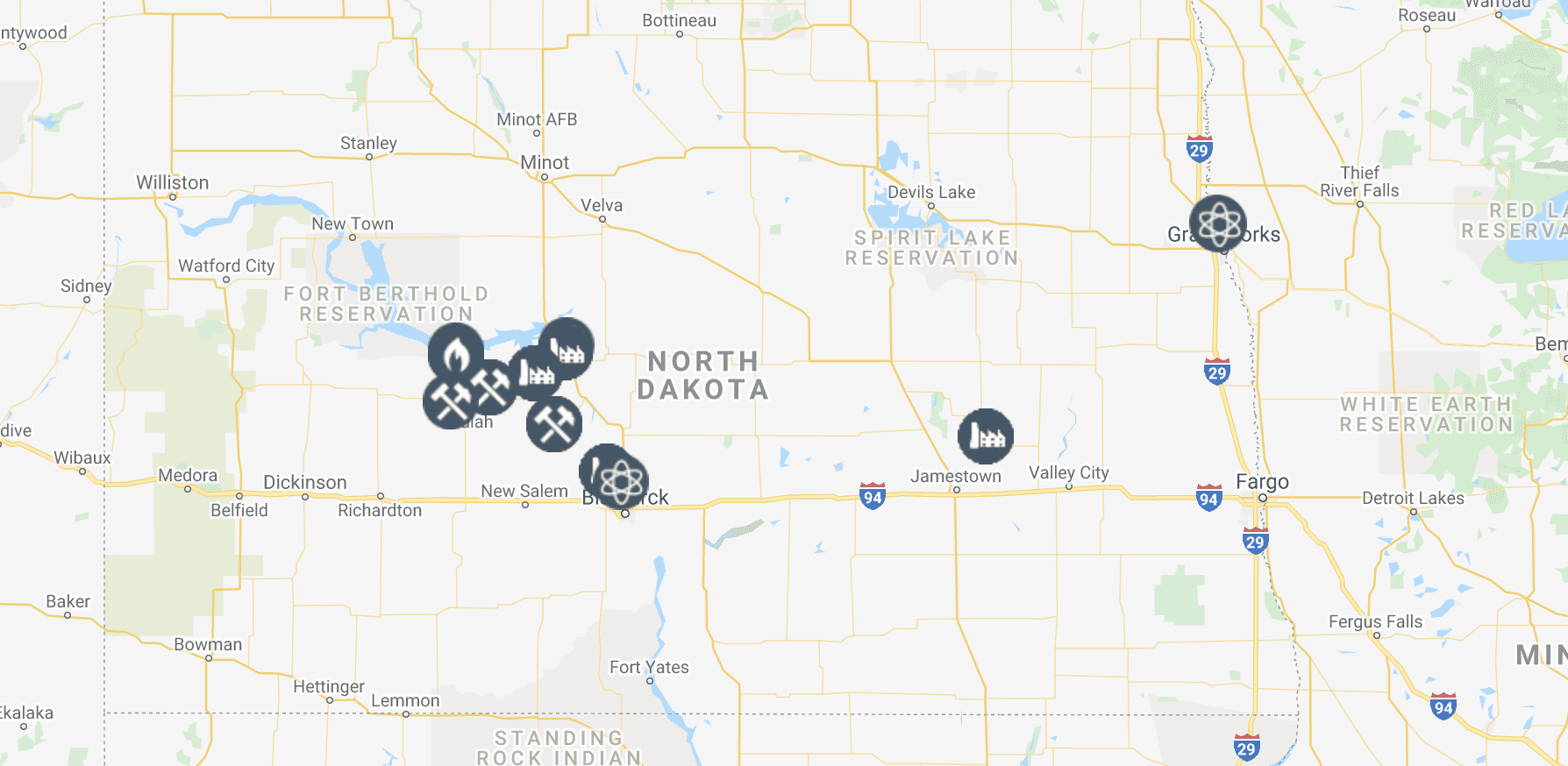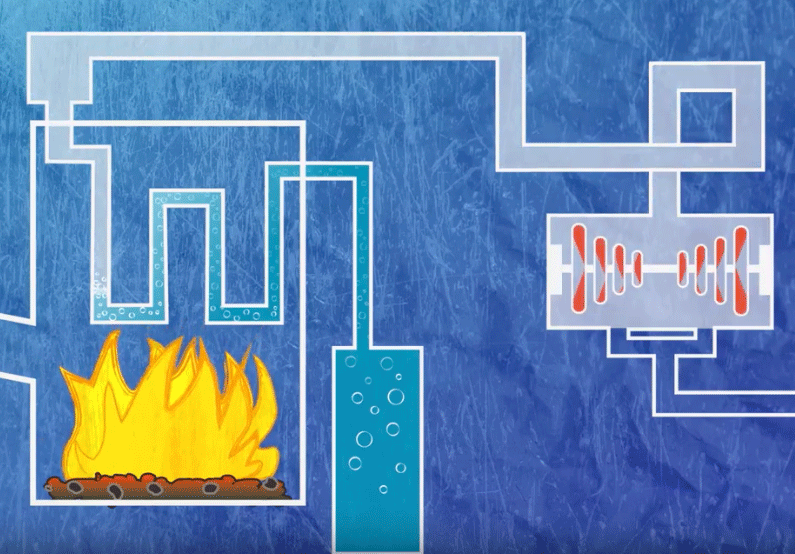US Senate Energy and Natural Resources Committee Hearing Highlights Carbon Capture
At a recent hearing of the Senate Energy and Natural Resources Committee, Senator John Hoeven, R-N.D., outlined the need to strengthen federal support for the ongoing efforts in North Dakota to make carbon capture and sequestration (CCS) technology commercially viable.
Full Video: US Senate Energy Committee Hearing on Carbon Capture

As part of the hearing, the senator introduced John Harju, Vice President for Strategic Partnerships at the University of North Dakota’s (UND) Energy and Environmental Research Center (EERC), who testified on the organization’s work and the federal policies needed to implement CCS technologies for both traditional and renewable energy sources.
Full Transcript: John Harju’s Testimony to Senate ENR Committee
“Our state and energy industry are putting their money on the line to develop CCS technology, and we’re working to ensure the federal government is a strong partner in these efforts,” said Hoeven. “This is all about making CCS technologies, like Project Tundra, the Allam Cycle and the carbon capture at Red Trail’s ethanol plant, commercially-viable. The folks at EERC can make it technically work, but the economics of it also need to work if companies are going to implement this technology. That’s what our 48A and 45Q tax credit bills will help accomplish by giving companies with CCS projects a revenue stream that supports the cost of using the technology.”
Here are some legislative proposals that will help carbon capture projects move forward:
- The Carbon Capture Modernization Act, bipartisan legislation to modernize the 48A tax credit for clean coal facilities to better support CO2 capture retrofit projects, like Project Tundra.
- The reintroduction of legislation to make the Section 45Q tax credit more accessible for CCS projects.
- The Enhancing Fossil Fuel Energy Carbon Technology (EFFECT) Act would establish four new DOE programs focused on coal and natural gas technology, carbon storage, carbon utilization and carbon removal.
“It was an honor to be asked to address the U.S. Senate’s Energy and Natural Resources Committee regarding Team EERC’s efforts to develop and deploy CCUS technology in conjunction with our partners,” said Harju. “Together, we are bringing this technology to commercial fruition.”
Since 2003, the EERC has led the Plains CO2 Reduction (PCOR) Partnership, which includes nine energy-producing states and four Canadian provinces. The EERC’s latest proposal to a $20 million DOE solicitation is intended to accelerate the deployment of CCUS technologies. Harju expects the proposal to be submitted soon and DOE to announce the winners in the late summer or early fall.
Harju also noted that through PCOR’s work with other North Dakota stakeholders, the state developed comprehensive geologic CO2 storage regulations and remains the only state granted primacy for this activity by the Environmental Protection Agency (EPA).
Harju Comments on Carbon Capture Legislation: Energy Matters Radio Show



